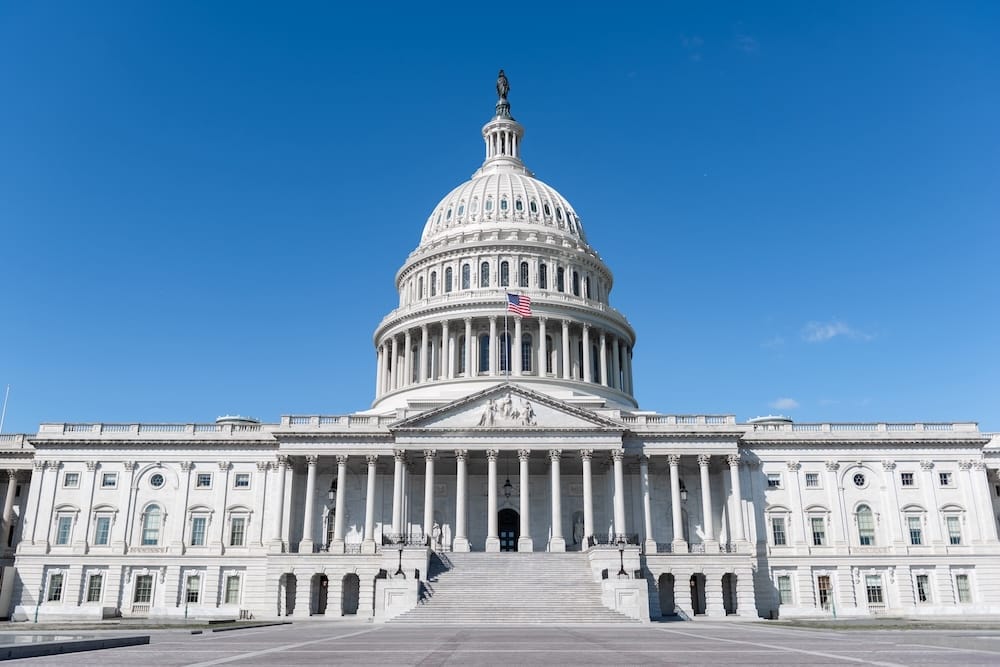

Strengthening Veteran Support with Community Partnerships
The CHIP IN Act (Communities Helping Invest through Property and Improvements Needed for Veterans Act), formally 2025 bill H.R. 217, authorizes the Department of Veterans Affairs (VA) to accept real property and improvements from non-federal entities like private businesses and local communities. This legislation fosters public-private partnerships to enhance veteran healthcare and housing, particularly in rural areas where VA facilities are scarce. By leveraging local resources, the bill aligns with conservative principles of limited government, emphasizing private sector efficiency and community initiative over federal expansion.
For senior conservative Republicans, H.R. 217 offers a practical approach to honoring veterans. It reduces dependence on taxpayer funds by enabling the VA to use donated properties for clinics or housing, directly addressing the needs of aging veterans who face long travel distances for care. This community-driven model empowers local stakeholders to support veterans, reflecting a commitment to grassroots solutions that resonate with conservative values.
Tackling Veteran Homelessness with Local Resources
Veteran homelessness is a critical issue, especially for older veterans on fixed incomes. H.R. 217 addresses this by allowing the VA to accept donated land or buildings for affordable housing. This approach avoids new federal programs, instead harnessing private generosity to provide shelter. For conservative seniors, the bill’s focus on tangible results without increasing government spending is a key strength.
The legislation’s flexibility enables rapid deployment of resources. Donated properties, from vacant lots to existing structures, can be tailored to local needs, such as transitional housing for rural veterans. By streamlining the donation process, H.R. 217 ensures veterans benefit quickly, embodying conservative ideals of efficiency and local control.
Improving Healthcare Access for Rural Veterans
Older veterans often struggle to access healthcare, particularly in rural areas far from VA hospitals. H.R. 217 allows the VA to repurpose donated facilities as clinics or telehealth hubs, bringing care closer to those with mobility issues or chronic conditions. This reduces travel burdens and enhances quality of life, aligning with conservative priorities of practical, community-based solutions.
The bill also supports innovation, such as telehealth services, enabling veterans to consult specialists remotely. By using private donations, H.R. 217 delivers advanced care without straining VA budgets, appealing to conservatives who value fiscal responsibility and local ingenuity over federal mandates.
Ensuring Fiscal Accountability in Veteran Services
H.R. 217 prioritizes fiscal responsibility by relying on private donations rather than federal funds. This minimizes taxpayer burden while maximizing impact, a core concern for conservative seniors wary of government waste. The bill includes oversight measures, requiring the VA to assess donated properties and report to Congress, ensuring transparency and accountability.
By fostering partnerships with community organizations, H.R. 217 creates a sustainable model for veteran support. This approach delivers results—new housing or clinics—without expanding bureaucracy, setting a conservative standard for efficient governance.
Fostering Community Commitment to Veterans
The bill encourages businesses, nonprofits, and civic groups to donate property, reinforcing the conservative belief that communities are best equipped to address local needs. A local business might donate a building for a veteran community center, strengthening ties between civilians and veterans. For conservative seniors, many with personal connections to military service, this grassroots effort honors sacrifice meaningfully.
H.R. 217 transforms veteran support into a shared mission, uniting communities without federal overreach. This localized approach ensures resources meet specific regional needs, reflecting conservative values of autonomy and responsibility.
Crafting a Lasting Legacy for Veterans
H.R. 217 builds a sustainable framework for veteran care by integrating private donations into VA operations. This ensures robust services despite budget fluctuations, appealing to conservatives who prioritize long-term stability. The bill’s focus on community-driven solutions guarantees veterans receive deserved care, upholding the nation’s commitment to its heroes.
The American Association of Retired Republicans advocates for this bill and will contact members of Congress on behalf of our members to share support.
Dues are $12 per year. Member benefits:
✅ Ad-Free Website Viewing
✅ Advocacy for Republican Seniors
✅ 120+ Senior Discounts
✅ Member Only Newsletters